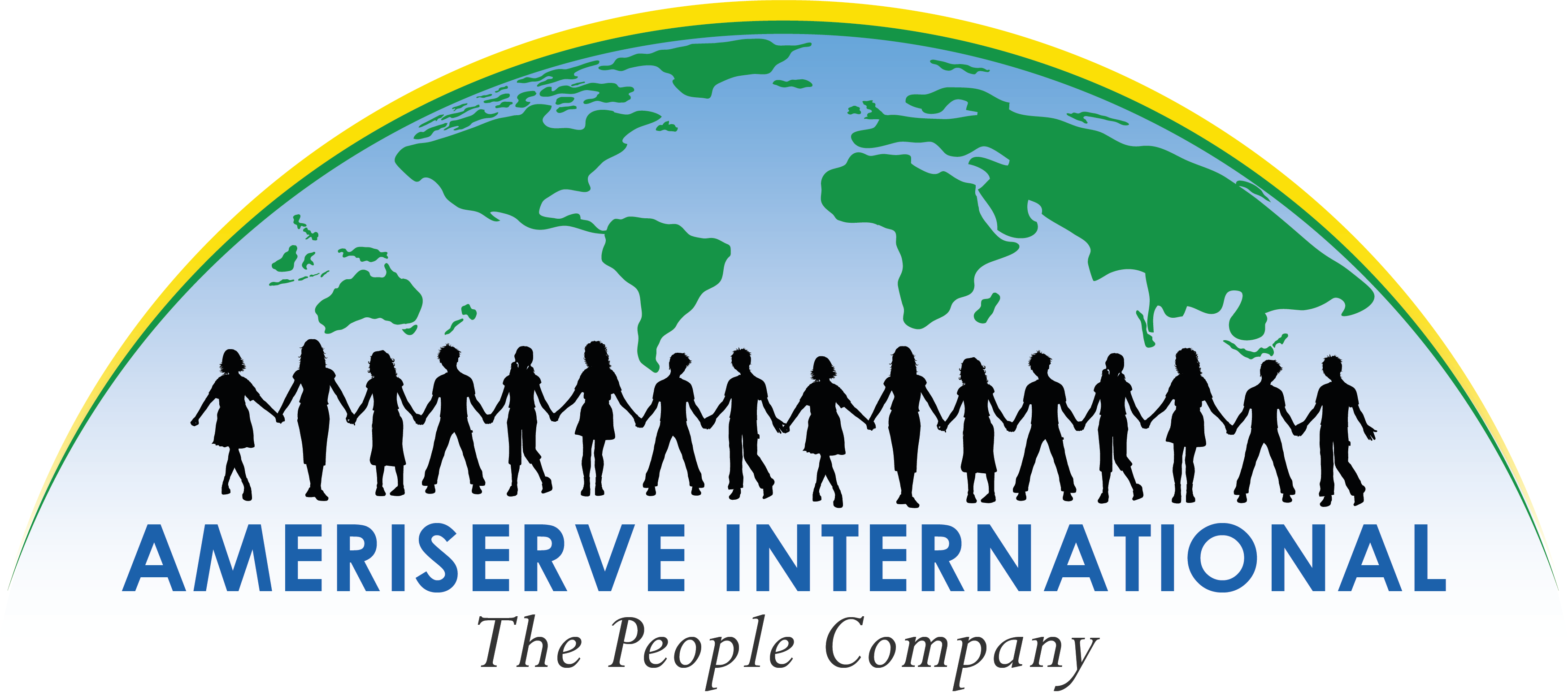The Role of Art and Music Therapy in Disability Services
Art and music therapy play a significant role in enhancing the emotional, social, and cognitive development of adults with disabilities. At AmeriServe, we incorporate these creative therapies into our programs to help clients express themselves, develop communication skills, and foster personal growth. Art and music offer a non-verbal outlet for emotional expression, promoting mental well-being while also building confidence and improving self-awareness.
What Is Art Therapy?
Art therapy involves using creative mediums like painting, drawing, or sculpting to help individuals communicate thoughts and feelings they may find difficult to express through words. It provides a safe space for self-expression, allowing individuals to explore emotions in a constructive, creative way. This form of therapy is particularly beneficial for adults with disabilities, as it encourages cognitive development and fine motor skills while also serving as a therapeutic outlet.
Benefits of Art Therapy:
- Enhanced Emotional Expression: Through artistic creation, individuals can express complex emotions like joy, sadness, or frustration without needing verbal communication.
- Improved Focus and Attention: Working on art projects encourages concentration and helps develop attention to detail, promoting cognitive growth.
- Reduced Anxiety: Engaging in artistic activities is known to reduce stress and anxiety, creating a calming effect that benefits overall mental health.
What Is Music Therapy?
Music therapy uses music and sound to achieve therapeutic goals. Whether through singing, playing instruments, or simply listening to music, this therapy provides an avenue for emotional and social development. For adults with disabilities, music therapy can stimulate cognitive function, improve motor skills, and promote positive social interaction.
Benefits of Music Therapy:
- Improved Communication: Music therapy often encourages non-verbal communication, which is especially helpful for individuals who struggle with speech.
- Emotional Regulation: Engaging with music helps individuals regulate emotions, reducing feelings of frustration and promoting relaxation.
- Social Interaction: Group music therapy sessions encourage collaboration and teamwork, helping individuals build social skills in a fun and supportive environment.
How Art and Music Therapy Promote Independence and Self-Esteem
One of the key goals of both art and music therapy is to foster independence and self-esteem. By participating in creative activities, individuals with disabilities gain confidence in their abilities and feel a sense of accomplishment. This confidence can translate into other areas of life, promoting greater independence in daily tasks and social interactions.
At AmeriServe, we design therapy sessions to cater to each individual’s unique needs, whether it’s through creating art projects that align with their interests or selecting music that resonates with them personally. These therapies empower clients to explore their creativity, build emotional resilience, and enhance their communication skills.
Incorporating Art and Music Therapy into AmeriServe’s Programs
At AmeriServe, we integrate both art and music therapy into our programs, ensuring that clients have access to creative outlets that foster emotional and cognitive growth. We tailor each session to the individual’s needs, providing a personalized approach that supports overall well-being
The Impact of Creative Therapies on Mental Health
Creative therapies like art and music have a proven positive impact on mental health. For adults with disabilities, these therapies provide an opportunity to explore their emotions, reduce anxiety, and connect with others. Engaging in creative activities boosts emotional well-being, helping individuals feel more confident, relaxed, and connected to their community.
By incorporating art and music into daily routines, AmeriServe clients are encouraged to express themselves in ways that improve both mental and physical health, building a foundation for lifelong well-being.
For more information on how our programs can benefit your loved one, contact AmeriServe at info@ameriserveintl.com or call 712-322-0272.
